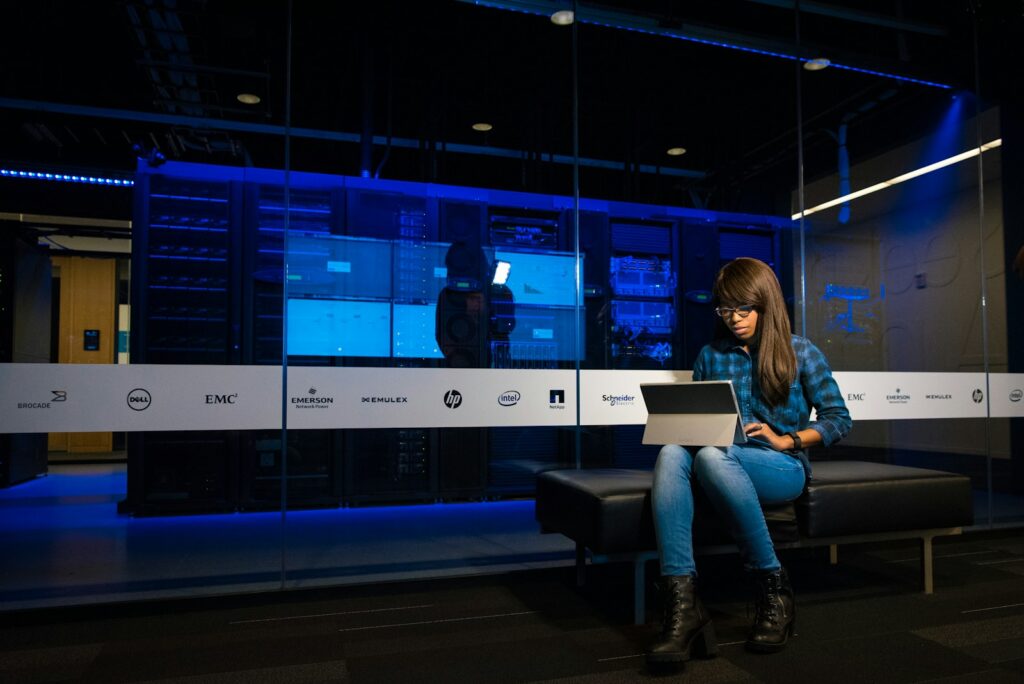Running a business online includes having a website. So, securing it is the no. 1 thing you should be thinking about. To do that you need to take extra measures when getting web hosting. This is how you ensure the security of your website. In this article Share Host will help you explore the key factors to consider in website security with web hosting. We will go bit by bit over SSL certificates, firewalls, and regular backups.
Whether you’re a blogger or a business owner with a website. You have to understand website security to safeguard your online presence. Similarly, you maintain the trust of your visitors. It is crucial you learn the best practices for securing your website. This article is your guide to making your site more secure.
While standard security measures offered by hosting providers are essential, for businesses demanding top-tier website protection, consider a Windows 11 VPS. This powerful hosting solution grants you granular control over your server’s security settings, allowing you to tailor them to your specific needs. Now let’s get into the detailed security measures you can take.
Security Measures Hosting Providers Take
There are many ways hosting providers secure and protect website threats. They take care of cyber threats and data breaches. This is how you are protected:
– Antivirus and malware scanning: A simple daily scan can save you a lot of headaches. The scan will easily catch any malicious software activity and you can remove it promptly.
– DDoS protection: Defense against Distributed Denial of Service attacks to ensure continuous website availability.
– Network monitoring: Constant surveillance to detect and mitigate potential security vulnerabilities and unauthorized access attempts.
Significance of SSL Certificates, Firewalls, and Regular Backups for Website Security
SSL Certificates: SSL (Secure Sockets Layer) certificates encrypt data transmitted between a user’s browser and the website. Their job is to secure communication happening on your website. SSL also secures payment details, your login credentials, and any other sensitive information.
Firewalls: Your website is protected from external threats using a firewall. It is responsible for monitoring and controlling incoming and outgoing network traffic. All this is managed based on already fixed security rules. Unauthorized people cannot access any sensitive data on your website. SSL can fend off any potential attacks.
Regular Backups: Regular backups save data loss in the event of a security breach. They also come in handy when some unfortunate events can cause hardware failure. Backing up website data and configurations ensures that you can restore your website to a previous state if necessary.
Best Practices for Website Security
– Keep Software Updated: Updating your website CMS and making sure all your plugins are installed from trusted sources. This is the most basic but crucial step to keep your website safe. Add necessary software to your website that enhances its security.
– Strong Password Policies: Make strong policies and then implement those policies and keep track of user accounts and administrative access. Your policies should help users come up with complex, unique passwords. Two-factor authentication should be implemented for all users and ever for administrative access.
– Implement Security Plugins: Use only security plugins that are well known, and have lots of positive reviews. Even still you should be cautious as many plugins also get under attack. So, any website that has those plugins gets attacked too, and sensitive data gets leaked. Always keep track of the latest news on such incidents.
– Regular Security Audits: Conduct regular security audits and vulnerability assessments to identify and mitigate potential weaknesses in the website’s security framework. Regular security audits are crucial for website safety. When choosing a hosting solution, consider a VPS Windows 11. Windows 11 offers advanced built-in security features, including robust firewalls and improved malware detection. This layered security approach, combined with regular audits, provides exceptional protection for your website.
WonderWorks Panama City Beach Hosts Sensory Day(Opens in a new browser tab)
Conclusion
Hosting service providers go the extra mile to keep you safe from attacks. Leveraging the security measures provided by hosting providers is how you ensure your business website is not hit by any malicious attacks. If you have not yet integrated SSL certificates or implemented firewalls do it now. Perform regular backups as taking the best security measures is how you can reduce any security risks. By prioritizing website security, you not only safeguard your data and your visitors’ information but also foster trust and confidence in your online presence.
